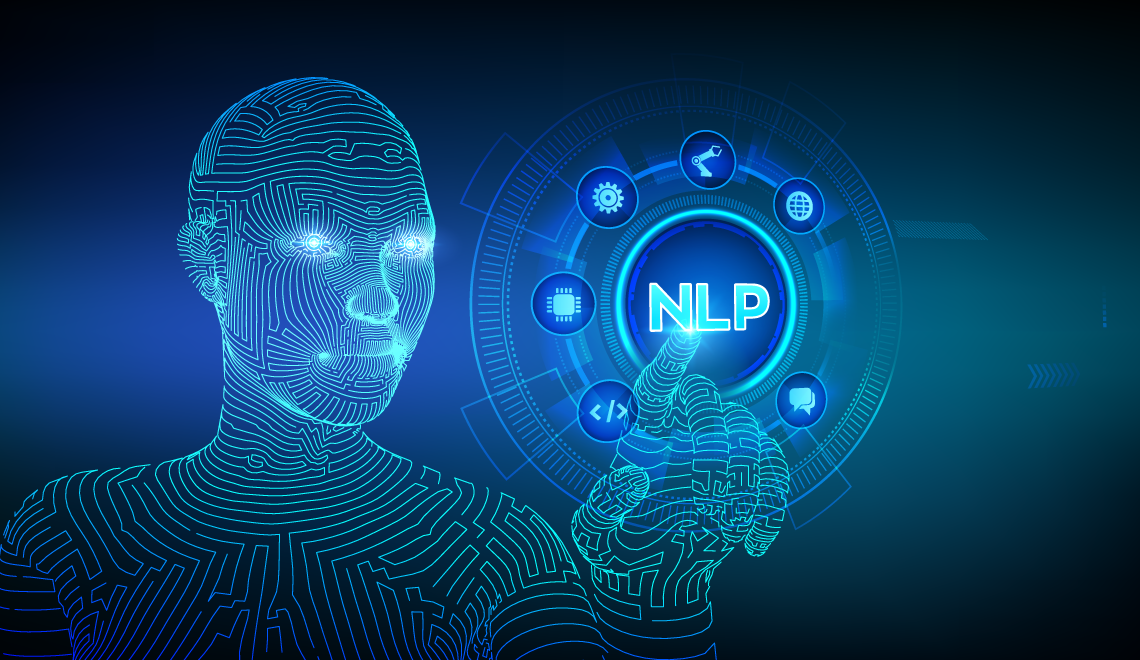
AI’s Leaping Advance in Natural Language ProcessingAI’s Leaping Advance in Natural Language Processing In recent years, artificial intelligence (AI) has made significant strides in natural language processing (NLP), the ability of computers to understand, analyze, and generate human language. This breakthrough has transformed numerous industries and empowered AI systems to perform tasks that were once thought to be beyond their capabilities. Advancements in NLP Techniques The advancements in NLP have been driven by the development of new techniques, such as: * Deep learning: Neural networks, particularly transformer-based models like GPT-3 and BERT, have revolutionized NLP by enabling machines to learn the nuances and relationships within text. * Natural language understanding (NLU): NLP systems can now extract meaning from complex sentences, identify entities and relationships, and perform sentiment analysis. * Natural language generation (NLG): AI systems can generate coherent and fluent text, summarizing information, answering questions, and even composing creative content. Applications in Various Industries The advancements in NLP have enabled AI to play a vital role in numerous industries, including: * Healthcare: NLP systems help analyze medical records, diagnose diseases, and provide personalized treatment plans. * Finance: AI-powered chatbots assist customers with financial queries, analyze market data, and detect fraudulent transactions. * Education: NLP tools grade essays, provide personalized learning recommendations, and translate educational materials. * Customer service: Chatbots powered by NLP can handle customer inquiries, resolve issues, and provide support 24/7. * Media and entertainment: NLP algorithms analyze news articles, generate personalized recommendations, and even write scripts for movies and TV shows. Benefits and Challenges The advancements in NLP have brought numerous benefits, including: * Improved communication: AI systems can bridge language barriers, assist with translation, and facilitate communication between people speaking different languages. * Increased efficiency: NLP automates tasks like content analysis, summarization, and document processing, saving time and resources. * Enhanced decision-making: NLP systems can analyze large amounts of text data, extracting insights and providing recommendations to support decision-making. However, challenges still exist, such as: * Bias and fairness: NLP models can perpetuate biases inherent in the data they are trained on, leading to inaccurate or discriminatory outcomes. * Domain-specific knowledge: NLP systems trained on general text may struggle to handle domain-specific language or extract accurate information from technical documents. * Ethical concerns: The use of NLP for tasks like surveillance or manipulation raises ethical concerns about privacy and transparency. Conclusion AI’s leaping advance in NLP has revolutionized the way computers interact with human language. By leveraging deep learning, NLU, and NLG techniques, NLP systems have become indispensable tools in various industries, enhancing communication, efficiency, and decision-making. As research and development continue, we can expect even more transformative applications of NLP in the years to come.
Posted inNews